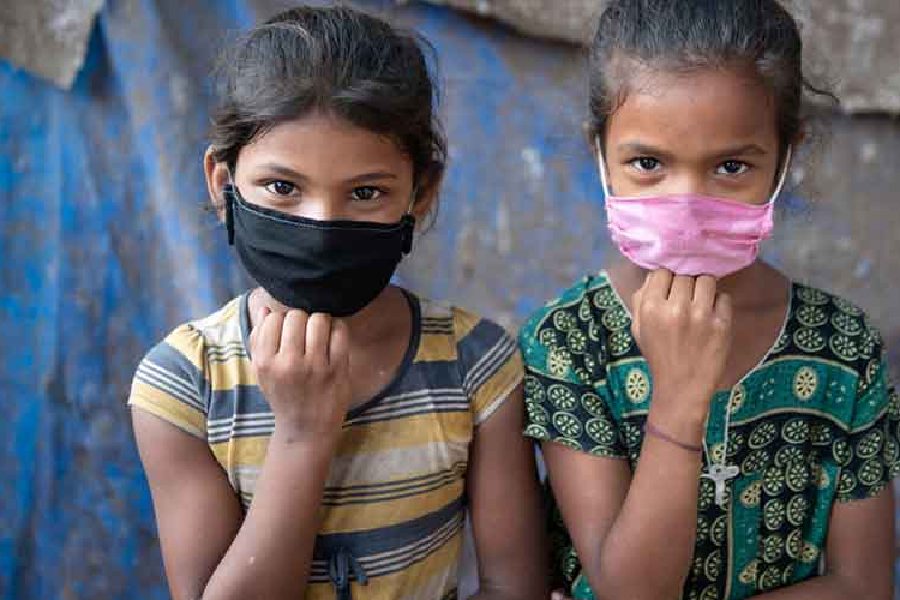Union minister Munjapara Mahendrabhai on Saturday said that amendments in the Juvenile Justice (JJ) Act, 2015, have been made for better protection of children in need of care or in conflict with law.
He said these changes have also made it mandatory for states to deliver on all aspects of juvenile justice, including constituting child welfare committees and registration of child care institutions.
The minister was speaking at the fifth one-day regional symposium on child protection, child safety and child welfare, organised here by the Ministry of Women and Child Development (MoWCD).
Representatives from all the eight northeastern states participated in the symposium, which was also attended by over 1,200 representatives from child welfare committees (CWCs), district child protection units, Juvenile Justice Boards (JJBs), members of village child protection committee (VCPC) and Anganwadi workers.
The programme is part of a series of regional symposiums to be held across the country to raise awareness about child protection, child safety and child welfare issues, a PIB release said.
In his address, Mahendrabhai, Minister of State, MoWCD, highlighted the changes made in the JJ Act 2015, its rules and adoption regulations.
"These changes will help in delivering better quality services to the children in need of care and protection and also children in conflict with law," he maintained.
He said definitions of terms such as foster care, inter-country adoption, specialised adoption agencies and sponsorship have been duly amended.
Similarly, it has been made mandatory for states to constitute Juvenile Justice Boards in every district, constitution of one or more child welfare committees in every district, mandatory reporting of a child found separated from guardian and registration of child care institutions, the minister added.
Additional Secretary, MoWCD, Sanjeev Kumar Chadha, in his speech, appreciated the work being done by all the functionaries in different states for child welfare under the JJ Act.
He highlighted the success of Child Helpline in various states and focused on the implementation of the principle of "no child is left out" to help them become responsible citizens of the country.
National Commission for Protection of Child Rights (NCPCR) chairperson Priyank Kanoongo shared the changes made in the spheres of child trafficking, street children, child adoption and monitoring of children care institutions.
Giving an example of how NCPCR has been spearheading child welfare, he mentioned the case of Kiphire district in Nagaland.
"We travelled for 17 hours by road from Dimapur to reach Kiphire. It was the first time that child welfare functionaries were visiting the district. We received over 250 complaints from the residents. We noticed the 20-year-old Jawahar Navodaya Vidyalaya there was functioning without a building. The issues were subsequently addressed. JNV Kiphire now has a school building," Kanoongo said.
The successful interventions under Mission Vatsalya were also disseminated during the symposium, the release said.
Mission Vatsalya is a roadmap to achieve development and child protection priorities aligned with the Sustainable Development Goals (SDGs). It lays emphasis on child rights, advocacy and awareness along with strengthening of the juvenile justice care and protection system with the motto to 'leave no child behind'.
The Juvenile Justice (Care and Protection of Children) Act, 2015 provisions and the Protection of Children from Sexual Offences Act, 2012 form the basic framework for implementation of the Mission.
Except for the headline, this story has not been edited by The Telegraph Online staff and has been published from a syndicated feed.












